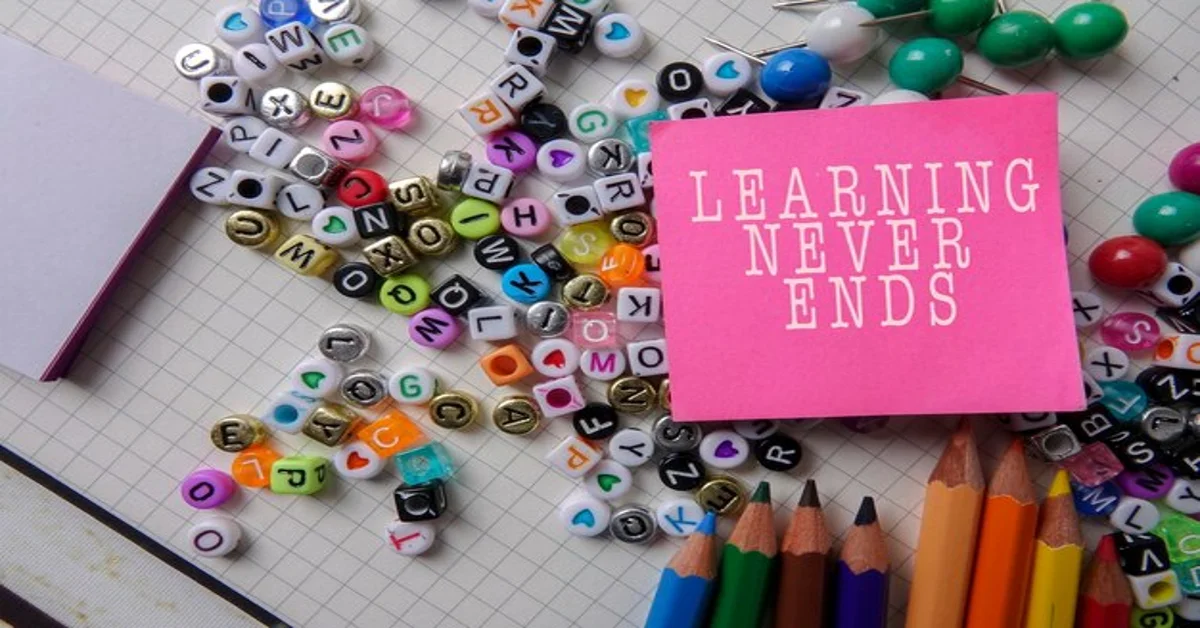Spelling bees have long been a prestigious academic competition that challenges students’ linguistic skills and memory. Whether you’re preparing for a school-level contest or aiming for the Scripps National Spelling Bee, mastering spelling bee words is essential. This guide will provide high-value insights into commonly used spelling bee words, effective preparation strategies, and expert tips to help you succeed.
What Are Spelling Bee Words?
Spelling bee words are carefully curated lists of words designed to test participants’ vocabulary, pronunciation, and spelling abilities. These words often originate from diverse languages, covering various difficulty levels from beginner to advanced.
Categories of Spelling Bee Words
- Easy Words: Commonly used words for elementary-level competitions.
- Intermediate Words: More challenging words with moderate difficulty.
- Advanced Words: Rare and complex words often seen in national competitions.
- Foreign-Origin Words: Words borrowed from Latin, Greek, French, German, and other languages.
- Scientific & Medical Terms: Words used in science, medicine, and technology.
- Tricky Homophones: Words that sound alike but have different spellings and meanings.
Essential Spelling Bee Word Lists
Beginner Level Words
- Apple
- Banana
- Elephant
- Pencil
- Table
- Window
Intermediate Level Words
- Accomplish
- Calendar
- Dilemma
- Enormous
- Handkerchief
- Mischievous
Advanced Level Words
- Antediluvian
- Chiaroscuro
- Discombobulate
- Ephemeral
- Flabbergasted
- Quixotic
Commonly Misspelled Words in Spelling Bees
- Accommodation
- Bureaucracy
- Conscientious
- Entrepreneur
- Rhythm
- Tranquility
Effective Strategies for Mastering Spelling Bee Words
1. Build a Strong Vocabulary
- Read extensively (books, newspapers, academic articles).
- Maintain a spelling journal.
- Use flashcards and mnemonic devices.
2. Understand Word Origins and Etymology
- Study Latin and Greek roots.
- Recognize common prefixes and suffixes.
- Learn common spelling rules and exceptions.
3. Practice with Mock Spelling Bees
- Spell words aloud.
- Record yourself and analyze mistakes.
- Simulate real-time competition conditions.
4. Use Online Spelling Resources & Tools
- Merriam-Webster Spelling Bee Quiz
- Scripps National Spelling Bee word lists
- Spelling apps like Spelling City & Quizlet
Tips from Spelling Bee Champions
- Break words into syllables. This makes complex words easier to handle.
- Ask for the word’s origin. Understanding the language of origin can provide spelling clues.
- Visualize the word. Picture the word in your mind or write it down mentally.
- Develop confidence. Stay calm under pressure and trust your preparation.
Conclusion
Mastering spelling bee words requires dedication, strategy, and continuous learning. By expanding your vocabulary, understanding word origins, and practicing diligently, you can enhance your spelling skills and boost your confidence for competition day. Start practicing today and take your spelling prowess to the next level!
Frequently Asked Questions (FAQs)
- 1. What is the best way to prepare for a spelling bee?
A structured study plan, consistent practice, and learning etymology are key preparation methods.
- 2. How do I overcome nervousness during a spelling bee?
Practice mindfulness techniques, take deep breaths, and maintain a positive mindset.
- 3. Are there any apps to help with spelling bee preparation?
Yes, apps like Spelling City, Quizlet, and Word Club offer interactive learning tools.
- 4. What are some common mistakes made in spelling bees?
Mispronunciations, silent letters, and homophones are common sources of mistakes.









